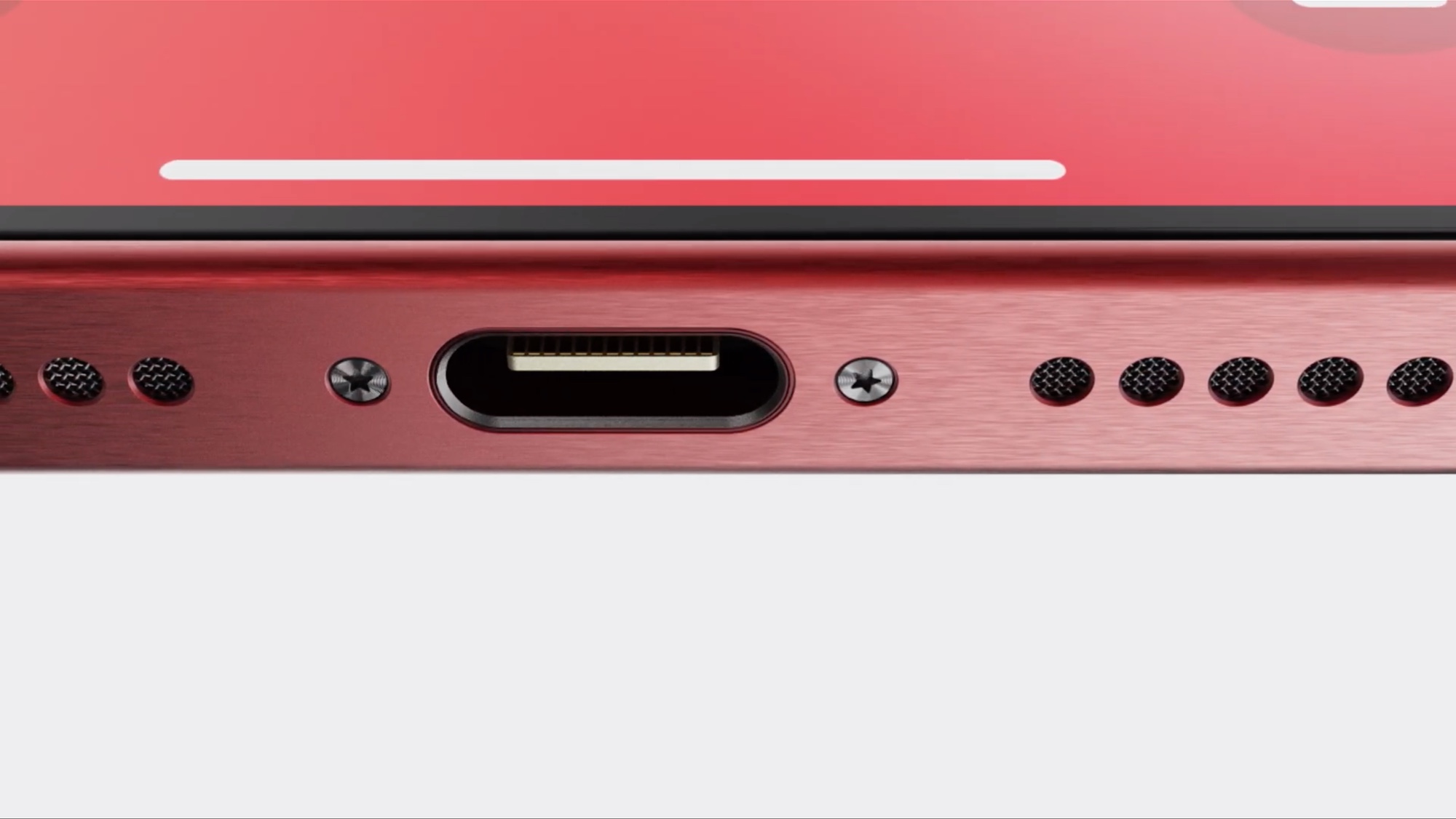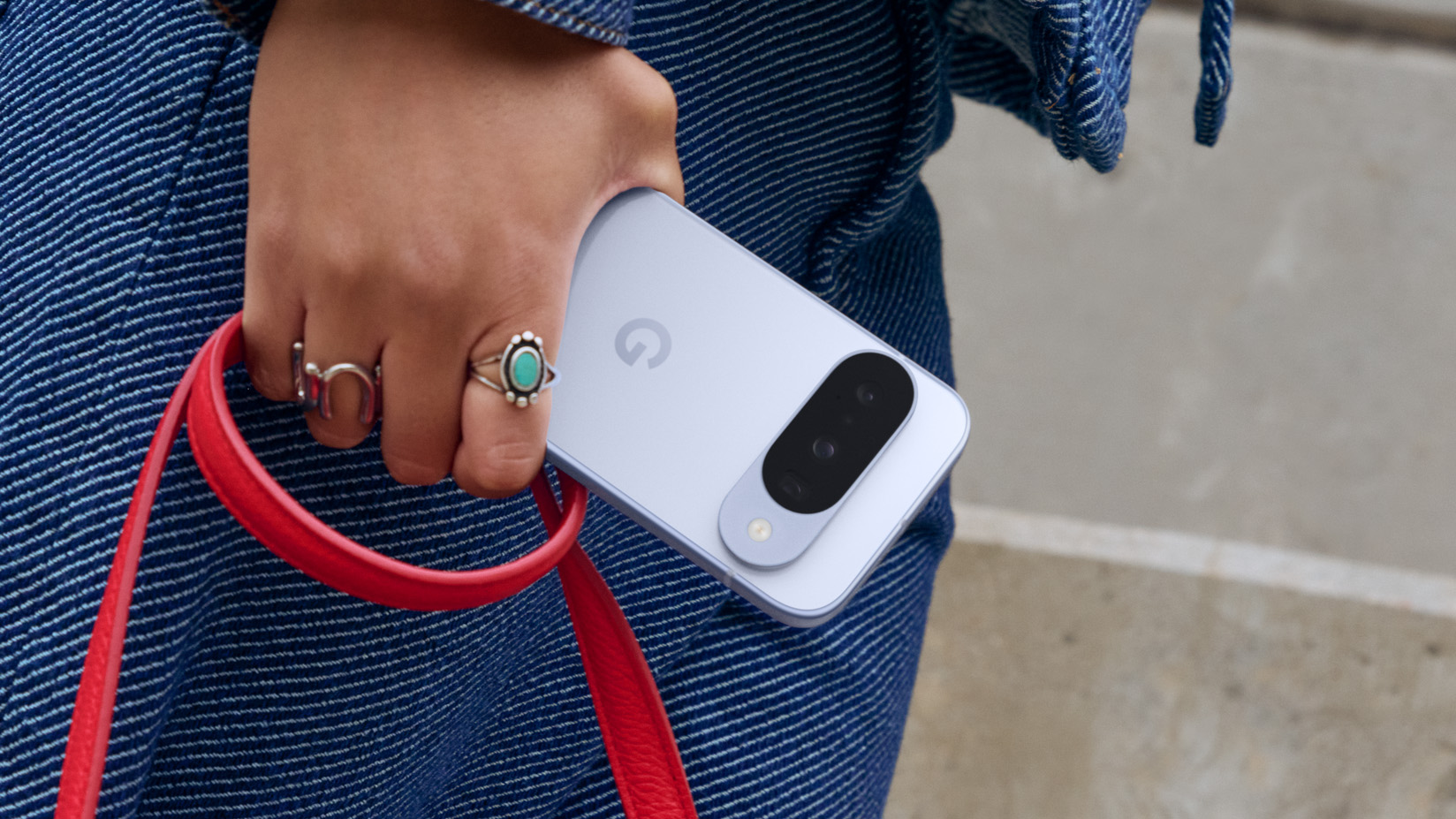Apple’s rumored USB-C plans for iPhone 15 could be illegal
Apple's plan 'a direct violation of the law,' according to European Parliament member

Apple's rumored plans that would require certification for USB-C accessories to work properly with the iPhone 15 always figured to draw the ire of European regulators. And apparently they've done just that, with a member of the European Parliament taking Apple to task for allegedly trying to skirt rules regarding USB-C adoption.
If you recall, the European Union passed a law last year requiring a common charging port on devices sold in Europe by 2024. That's forcing Apple to give up its proprietary Lightning port in favor of USB-C, with rumors suggesting Apple will make the move this fall when it releases four new iPhone 15 models all offering USB-C connectivity.
Video extract from today's debate on Common charger - developments on new technologiesWatch the full statement by lead MEP @alexagiussaliba (starting at 15.42) & exchange w/ @EU_Commission here 📽️ https://t.co/MDcRY96xk2 https://t.co/Ys5SRuEaGu pic.twitter.com/iDaZJBVH9GMarch 28, 2023
Subsequent rumors have claimed that Apple plans to require makers of chargers, cables and other phone accessories to register their USB-C gear with the company's Made for iPhone (MFi) program. MFi certification means accessories are guaranteed to work properly with Apple's phones; it also entitles Apple to collect a licensing fee on those accessories. USB-C add-ons that skip MFi certification will reportedly run the risk of not being able to charge iPhones at full speed.
If accurate, that would create a tiered system of accessories, with MFi products getting favored status over other cables and chargers. It would also seemingly run counter to the EU's guidance on offering a common charging protocol that would work the same across different phones. And that's exactly what a member of the European Parliament contends.
If these rumours are true this proves that Apple’s lobbying against the universal charger over the past ten years was not about innovation, as they claimed... but its all about profits.
Alex Agius Saliba, Malta
Alex Agius Saliba of Malta said in a speech that Apple's plans to offer different tiers of charging speeds would be a “direct violation of the law."
"If these rumours are true this proves that Apple’s lobbying against the universal charger over the past ten years was not about innovation, as they claimed... but its all about profits — profits from their proprietary chargers," Saliba said. "Such companies do not care about consumers, they do not care about the environment."
In addition to possibly requiring MFi certification for USB-C accessories, Apple may have its iPhone 15 Pro models transfer data at faster speeds over USB-C than the standard iPhone 15. Such a feature would be part of the company's efforts to establish greater iPhone 15 vs. iPhone 15 Pro differences that make consumers more inclined to pay up for the pricier Pro models.
Get instant access to breaking news, the hottest reviews, great deals and helpful tips.
Saliba says that the European Commission plans to write to Apple about the company's USB-C plans. "Big corporations like Apple cannot continue to do what they want at the expense of the rights of our consumers," he added.
The switch to USB-C is just one of the changes rumored for the iPhone 15. We're also expecting to see the Dynamic Island feature adopted across the iPhone lineup — currently that's available on just the iPhone 14 Pro models — with the iPhone 15 Pro set to see improvements to both its chipset and cameras. The iPhone 15 release date is expected to be in September, though Apple has yet to offer any official guidance.
More from Tom's Guide
- The new iPhone 15 just got bad news for the display
- iPhone 15 USB-C port — everything we know so far
- 5 iPhone 15 rumors we're most excited about
Philip Michaels is a Managing Editor at Tom's Guide. He's been covering personal technology since 1999 and was in the building when Steve Jobs showed off the iPhone for the first time. He's been evaluating smartphones since that first iPhone debuted in 2007, and he's been following phone carriers and smartphone plans since 2015. He has strong opinions about Apple, the Oakland Athletics, old movies and proper butchery techniques. Follow him at @PhilipMichaels.
 Club Benefits
Club Benefits






